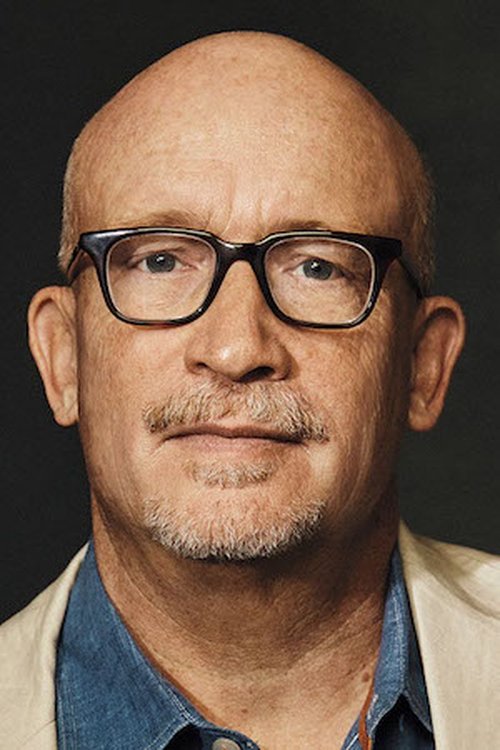
Philip Alexander Gibney (/ˈɡɪbni/; born October 23, 1953; New York City) is an American documentary film director and producer. In 2010, Esquire magazine said Gibney "is becoming the most important documentarian of our time." Gibney's works as director include The Inventor: Out for Blood in Silicon Valley, Going Clear: Scientology and the Prison of Belief (winner of three Emmys in 2015), We Steal...
Explore all movies appearances
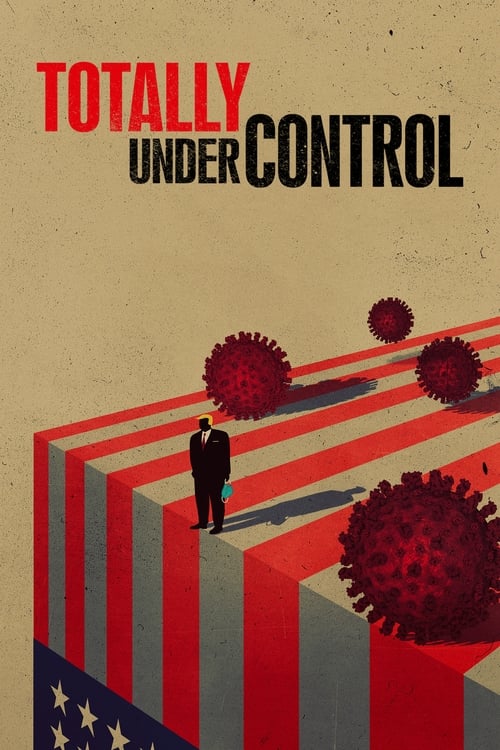
This documentary puts a spotlight on the White House’s failed response to the global pandemic and how it could have been prevented. Featuring damning testimony from public health officials and hard investigative reporting, director Alex Gibney reveals a system-wide collapse caused by a profound dereliction of presidential leadership.
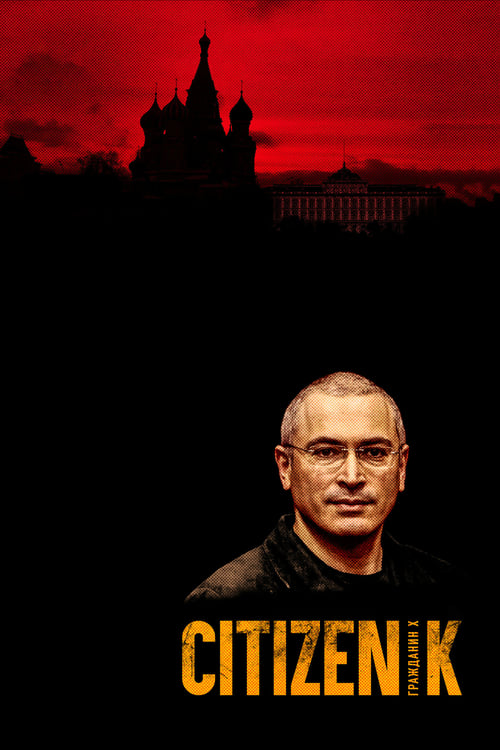
The strange case of Mikhail Khodorkovsky — once believed to be the wealthiest man in Russia — who rocketed to prosperity and prominence in the 1990s, served a decade in prison, and became an unlikely martyr for the anti-Putin movement.
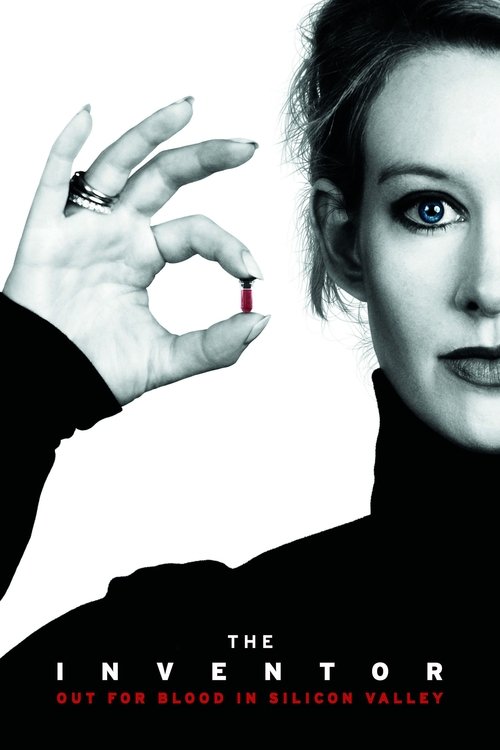
With a magical new invention that promised to revolutionize blood testing, Elizabeth Holmes became the world’s youngest self-made billionaire, heralded as the next Steve Jobs. Then, overnight, her 10-billion-dollar company dissolved. The rise and fall of Theranos is a window into the psychology of fraud.
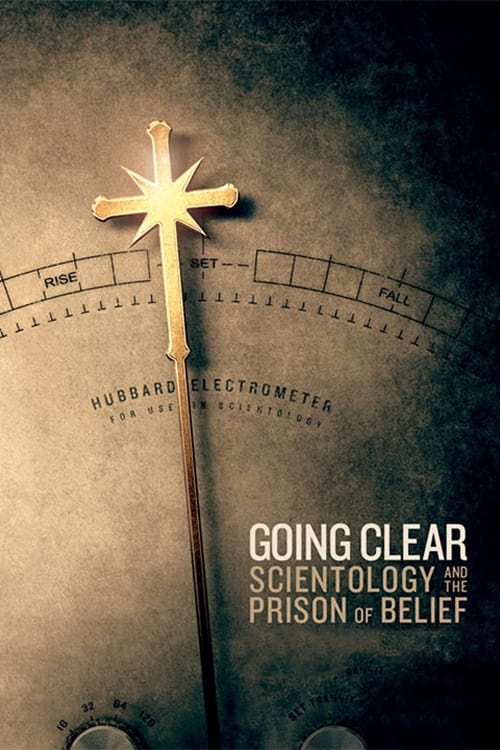
GOING CLEAR intimately profiles eight former members of the Church of Scientology, shining a light on how they attract true believers and the things they do in the name of religion.
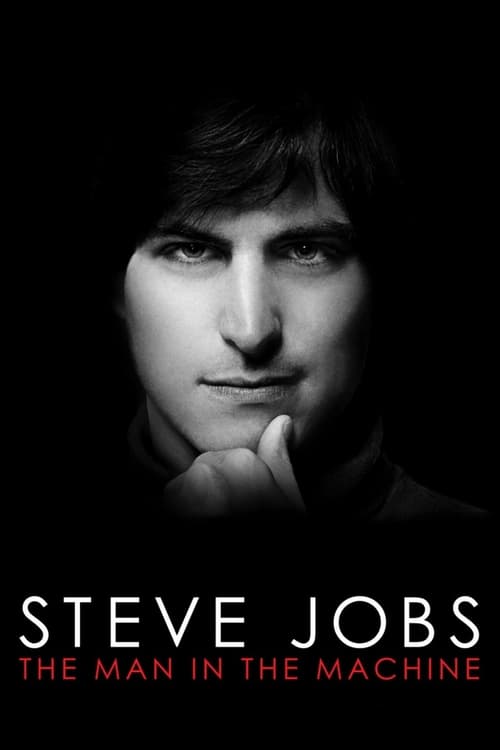
When Steve Jobs died the world wept. But what accounted for the grief of millions of people who didn’t know him? This evocative film navigates Jobs' path from a small house in the suburbs, to zen temples in Japan, to the CEO's office of the world's richest company, exploring how Jobs’ life and work shaped our relationship with the computer. The Man in the Machine is a provocative and sometimes startling re-evaluation of the legacy of an icon.
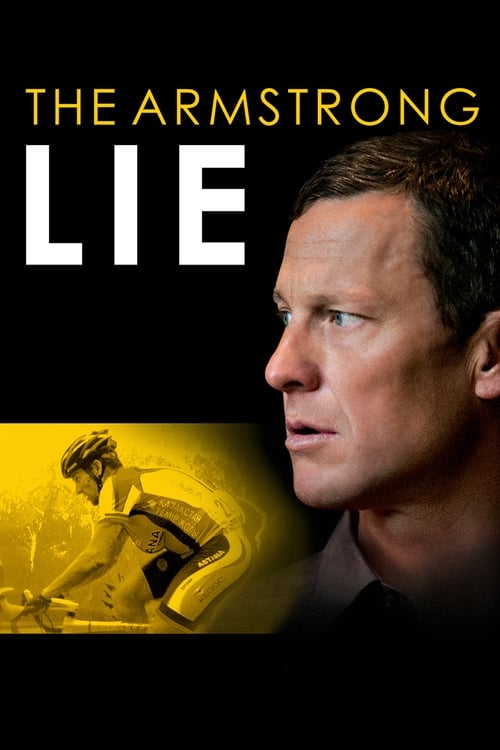
In 2009, Alex Gibney was hired to make a film about Lance Armstrong’s comeback to cycling. The project was shelved when the doping scandal erupted, and re-opened after Armstrong’s confession. The Armstrong Lie picks up in 2013 and presents a riveting, insider's view of the unraveling of one of the most extraordinary stories in the history of sports. As Lance Armstrong says himself, “I didn’t live a lot of lies, but I lived one big one.”
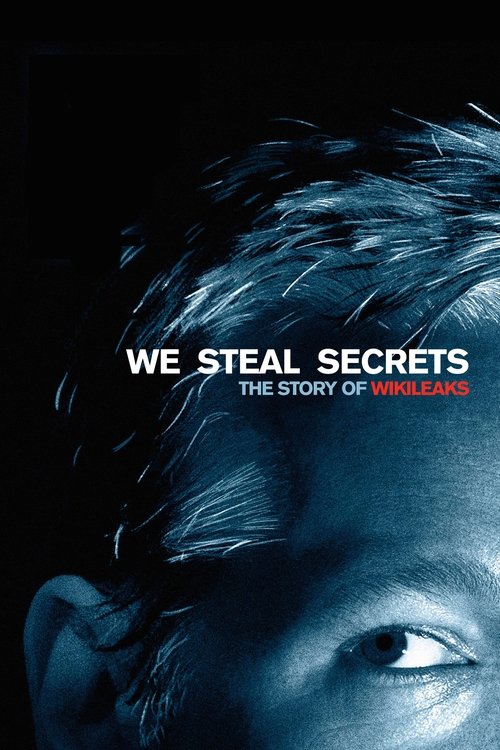
Julian Assange. Bradley Manning. Collateral murder. Cablegate. WikiLeaks. These people and terms have exploded into public consciousness by fundamentally changing the way democratic societies deal with privacy, secrecy, and the right to information, perhaps for generations to come. We Steal Secrets: The Story of WikiLeaks is an extensive examination of all things related to WikiLeaks and the larger global debate over access to information.
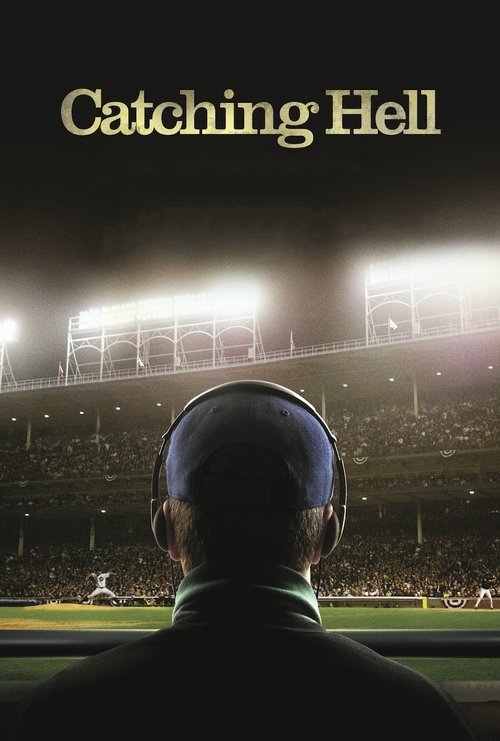
After the Chicago Cubs blow an opportunity to reach the World Series in 2003, Cubs fans blame the team's misfortune on fellow fan Steve Bartman, who interfered with a foul ball and prevented Moises Alou from making a catch.

An in-depth look at the rapid rise and dramatic fall of New York Governor Eliot Spitzer.
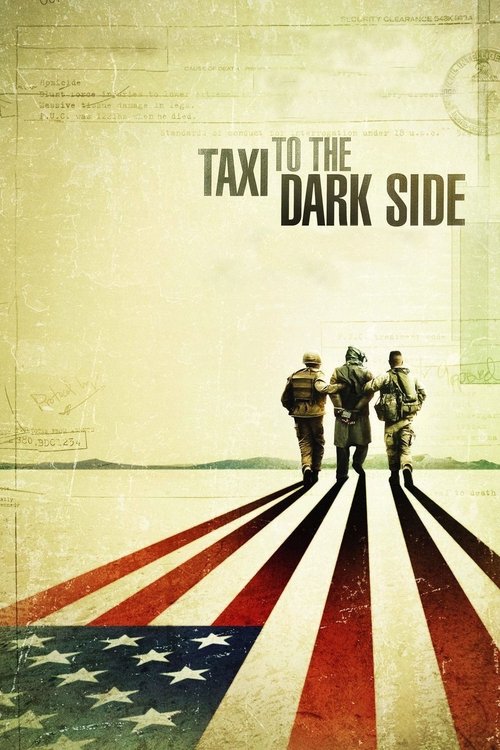
An in-depth look at the torture practices of the United States in Afghanistan, Iraq and Guantanamo Bay, focusing on an innocent taxi driver in Afghanistan who was tortured and killed in 2002.
Subscribe for exclusive insights on movies, TV shows, and games! Get top picks, fascinating facts, in-depth analysis, and more delivered straight to your inbox.